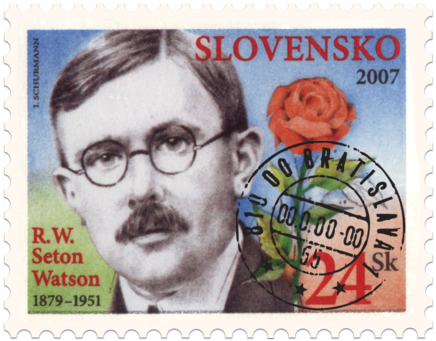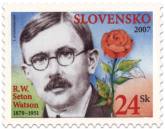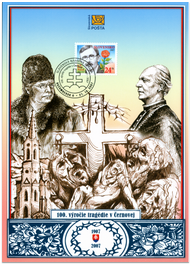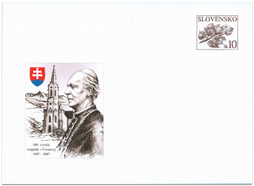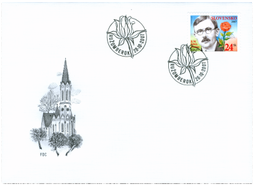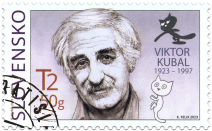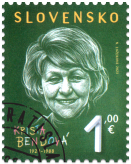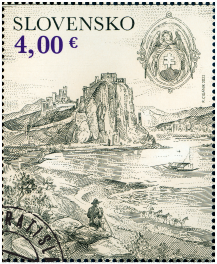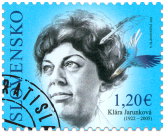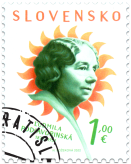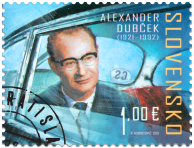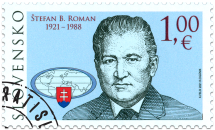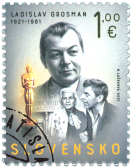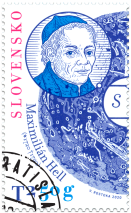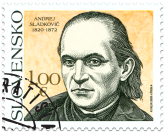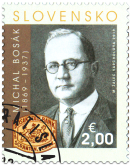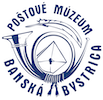408 Date of issue
26.10.2007 Face value
24.00 Sk Sell price
0.40 €
© Slovak Post, 2007 Seton-Watson was a significant British Slavicist, University of London professor, and supporter and advocate of the rights of the oppressed Slovak nation in Hungary. As a student, he was a great admirer of Hungarian “liberalism”, which he subsequently studied in Vienna, Austria-Hungary. There he met several Slovak students (A. Štefánik, in particular) who helped him understand the true nature of the so-called “liberalism”. He made several visits to Slovakia and after familiarising himself with the situation there, he became a zealous advocate and supporter of the oppressed Slovak nation. Following the Černová tragedy in 1907 – a draconian intervention by the Budapest regime against local parishioners (leading to 13 fatalities) in which the people of Černová stood up against the Magyarised (assimilated) priests trying to consecrate the Černová church built from local finances – he helped gain international publicity for the Slovak problem. He flatly refuted the myth of Hungarian “liberalism” by presenting strong factual arguments in his work Racial Problems in Hungary. After the outbreak of World War I, he was on the side of the Czechoslovak resistance movement and supported the creation of a common Czech and Slovak Republic. During the inter-war period, he continued to promote Slovakia abroad and advocated reconciliation between the Czechs and Slovaks. During World War II he supported the Czechoslovak resistance movement. The stamp depicts Robert William Seton-Watson in his earlier years. The rose, associated with the city of Ružomberok [translator’s note: derived from Rosenberg: the “rose hill”], was added in recognition of his support for Slovaks. The FDC depicts Černová church, the site of the tragedy which shocked the cultured world and highlighted the gravity of the Slovak problem. The cut trees symbolise the absurdity of the pitiable death of parishioners in the Černová incident. The FDC cancellation depicts a stylised rose - the Ružomberok coat of arms. Anton Hrnko, historian
Show less© 2024 POFIS - Postal philatelic service. All rights reserved

